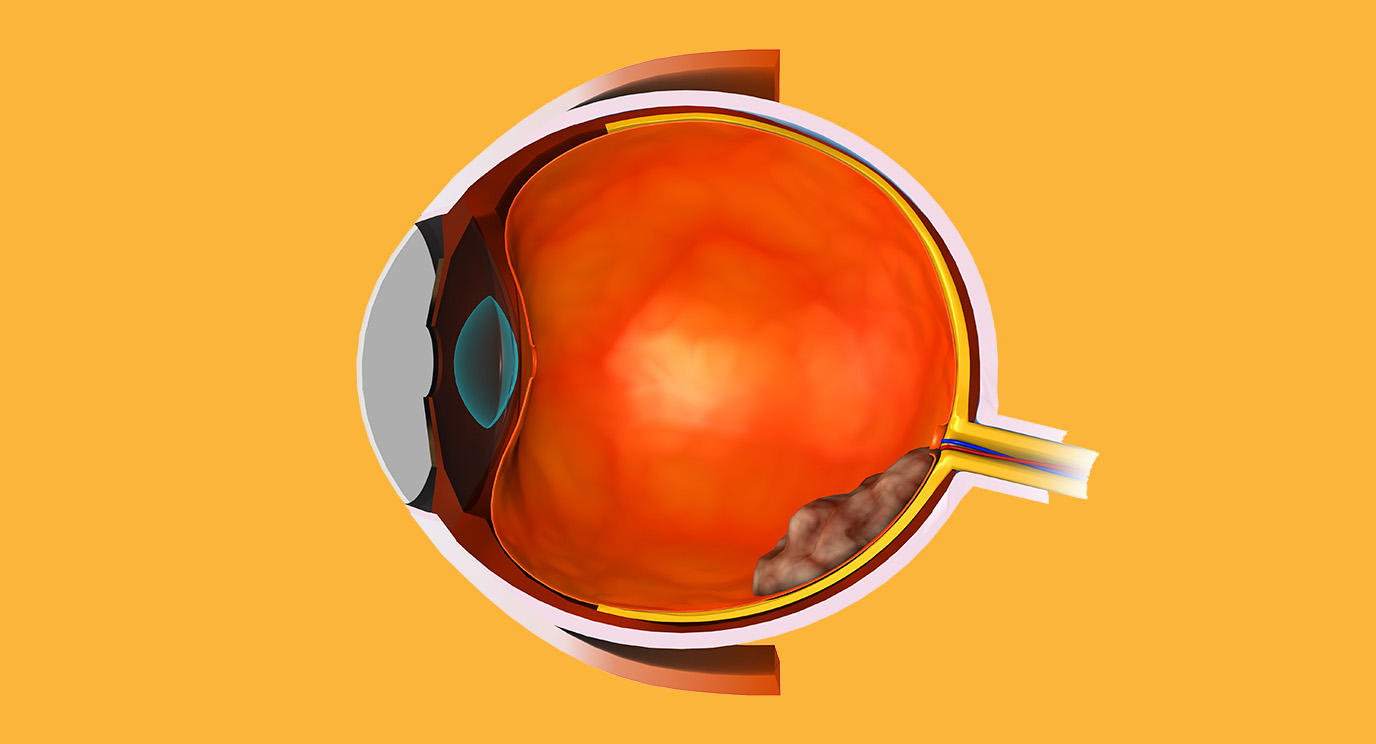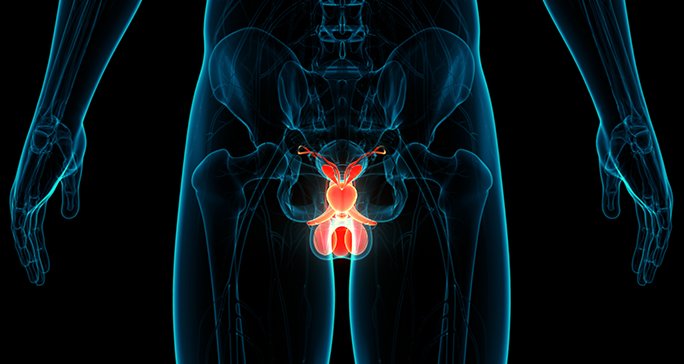- Diseases
- Acoustic Neuroma (14)
- Adrenal Gland Tumor (24)
- Anal Cancer (66)
- Anemia (2)
- Appendix Cancer (16)
- Bile Duct Cancer (28)
- Bladder Cancer (68)
- Brain Metastases (28)
- Brain Tumor (228)
- Breast Cancer (714)
- Breast Implant-Associated Anaplastic Large Cell Lymphoma (2)
- Cancer of Unknown Primary (4)
- Carcinoid Tumor (8)
- Cervical Cancer (154)
- Colon Cancer (164)
- Colorectal Cancer (110)
- Endocrine Tumor (4)
- Esophageal Cancer (42)
- Eye Cancer (36)
- Fallopian Tube Cancer (6)
- Germ Cell Tumor (4)
- Gestational Trophoblastic Disease (2)
- Head and Neck Cancer (6)
- Kidney Cancer (124)
- Leukemia (344)
- Liver Cancer (50)
- Lung Cancer (288)
- Lymphoma (284)
- Mesothelioma (14)
- Metastasis (30)
- Multiple Myeloma (98)
- Myelodysplastic Syndrome (60)
- Myeloproliferative Neoplasm (4)
- Neuroendocrine Tumors (16)
- Oral Cancer (100)
- Ovarian Cancer (170)
- Pancreatic Cancer (166)
- Parathyroid Disease (2)
- Penile Cancer (14)
- Pituitary Tumor (6)
- Prostate Cancer (144)
- Rectal Cancer (58)
- Renal Medullary Carcinoma (6)
- Salivary Gland Cancer (14)
- Sarcoma (236)
- Skin Cancer (294)
- Skull Base Tumors (56)
- Spinal Tumor (12)
- Stomach Cancer (60)
- Testicular Cancer (28)
- Throat Cancer (90)
- Thymoma (6)
- Thyroid Cancer (98)
- Tonsil Cancer (30)
- Uterine Cancer (78)
- Vaginal Cancer (14)
- Vulvar Cancer (18)
- Cancer Topic
- Adolescent and Young Adult Cancer Issues (20)
- Advance Care Planning (10)
- Biostatistics (2)
- Blood Donation (18)
- Bone Health (8)
- COVID-19 (362)
- Cancer Recurrence (120)
- Childhood Cancer Issues (120)
- Clinical Trials (622)
- Complementary Integrative Medicine (24)
- Cytogenetics (2)
- DNA Methylation (4)
- Diagnosis (226)
- Epigenetics (6)
- Fertility (62)
- Follow-up Guidelines (2)
- Health Disparities (14)
- Hereditary Cancer Syndromes (122)
- Immunology (18)
- Li-Fraumeni Syndrome (8)
- Mental Health (118)
- Molecular Diagnostics (8)
- Pain Management (64)
- Palliative Care (8)
- Pathology (10)
- Physical Therapy (18)
- Pregnancy (18)
- Prevention (886)
- Research (388)
- Second Opinion (74)
- Sexuality (16)
- Side Effects (602)
- Sleep Disorders (10)
- Stem Cell Transplantation Cellular Therapy (216)
- Support (404)
- Survivorship (322)
- Symptoms (186)
- Treatment (1770)
What are free radicals? A dietitian explains
4 minute read | Published August 06, 2024
Medically Reviewed | Last reviewed by an MD Anderson Cancer Center medical professional on August 06, 2024
If you’ve read dietary or health information, you may have stumbled across the term ‘free radicals.’ Maybe you’ve even heard that free radicals are linked to cancer and other health issues.
But what exactly are free radicals? Where do they come from? Are they all bad? And, if so, what should we do about them?
For answers, we asked senior clinical dietitian Joy Anderson to explain the basics of free radicals and how our diets and lifestyle choices can affect them.
What are free radicals?
“Free radicals are highly reactive, unstable oxygen molecules,” Anderson says.
The National Cancer Institute (NCI) writes that free radicals are created when an atom or molecule gains or loses an electron.
Free radicals occur as the result of a variety of factors and processes that occur both inside and outside of the body.
Metabolic processes
Free radicals can be created during the body’s metabolic processes, Anderson explains.
“One of the most common pathways of free radical production is when cells use oxygen to make energy,” she says.
This process results in free radicals that Anderson says can have both helpful and harmful effects on the body.
External factors
Free radicals can come from sources outside the body or be created by the body in response to external factors, the NCI writes.
Anderson says some examples of these external sources include:
- Air pollutants
- Pesticides
- Industrial chemicals
- Smoking cigarettes
- X-rays
- Diet
How do free radicals affect the body?
High levels of free radicals can harm the body by causing oxidative stress. This oxidative stress can damage cell membranes, proteins, lipids and DNA, Anderson says.
“When these structures are damaged, harmful compounds are formed resulting in the disruption of cellular functions and even cell death,” she says. “Oxidative stress significantly contributes to a variety of ailments.”
Health issues that can be caused by oxidative stress include:
- Arthritis
- Diabetes
- Heart disease
- Emphysema
- Alzheimer’s disease
- Cancer
- Premature aging
How are free radicals and antioxidants connected?
Luckily, the body has a way to fight back against oxidative stress: antioxidants.
Antioxidants, which are nicknamed “free radical scavengers,” can prevent and repair damage caused by some types of free radicals, Anderson says.
Antioxidants are produced by the body and can also be found in many foods. Anderson recommends choosing foods with antioxidants, as well as foods that support your body’s antioxidant production.
“Consuming a well-balanced diet rich in antioxidants will help to minimize the risk of oxidative stress and damage from free radical production,” she says.

Direct sources of antioxidants
Foods with vitamin C, vitamin E and beta-carotene are direct sources of antioxidants, Anderson says.
Examples of foods with these nutrients include:
- Fruits and vegetables: artichokes, avocado, beets, bell peppers, berries, broccoli, carrots, cherries, citrus fruits, cruciferous vegetables, kale, kiwis, leafy greens, legumes, mangoes, pink grapefruit, plums, pomegranates, prunes, red cabbage, spinach, squash
- Nuts and seeds: flaxseed, pecans, sunflower seeds, walnuts
- Whole grains: oatmeal
- Herbs and spices: basil, cinnamon, cloves, ginger, oregano, turmeric
- Drinks: black coffee, green tea
- Sweets: dark chocolate
Foods that support your body in producing antioxidants
Foods that contain vitamins such as zinc, copper, manganese and selenium help the body produce antioxidants, Anderson says.
Some examples of foods that contain these vitamins and minerals are:
- Zinc: beef, lentils, poultry, seeds
- Copper and manganese: black pepper, leafy green vegetables, mussels and other shellfish, nuts, whole grains
- Selenium: beef, Brazil nuts, eggs, salmon, shellfish, tuna
MD Anderson dietitians recommend eating meals rich in whole grains, vegetables, fruits, beans, nuts and seeds. Fill two-thirds of your plate with whole grains, vegetables, fruits, beans, nuts and seeds. The remaining one-third can be lean animal protein or plant-based protein.
Another easy way to add antioxidants into your diet? Smoothies! Anderson says homemade smoothies can be a great way to eat more antioxidant-rich ingredients like fruits and vegetables.
In general, it is always best to try to get nutrients through whole foods. However, Anderson notes that isn’t always possible. For example, those in cancer treatment may experience nausea or appetite changes that make it challenging to get all the nutrients they need through diet alone. In this case, she recommends talking to a doctor or a registered dietitian. These professionals can help you decide if you need a dietary supplement and, if so, what type and dose is best for you.
Should cancer patients take antioxidant supplements?
While taking antioxidant supplements might seem like a great way to reduce oxidative stress, it isn’t that simple – especially if you’re undergoing cancer treatment.
The high dose of antioxidants in antioxidant supplements can alter the effectiveness of cancer therapies, Anderson says. She explains this is because antioxidants protect tumor cells from oxidative damage.
“This is seen with antioxidant supplements, specifically, and not antioxidant-rich foods due to the high-dose of antioxidants in the supplements,” she explains.
This doesn’t mean cancer patients should avoid all sources of antioxidants, however.
“It is best for cancer patients to get antioxidants from food sources rather than supplements,” Anderson says.
Cancer patients should always check with their care team before trying new supplements.
How else can we reduce free radical exposure?
Aside from eating a diet rich in antioxidants, Anderson offers several tips for protecting your body from free radicals and reducing the oxidative stress they can cause.
To reduce free radical exposure, Anderson suggests avoiding:
- Smoking cigarettes
- Air pollutants
- Pesticides
- Industrial chemicals
To combat oxidative stress, she recommends getting:
“Since high concentrations of free radicals in the body can result in the development of chronic and degenerative diseases, it is important to limit exposure to free radical sources,” Anderson says.
Request an appointment at MD Anderson online or call 1-844-651-0690.

Free radicals are highly reactive, unstable oxygen molecules.
Joy Anderson
Senior Clinical Dietitian





